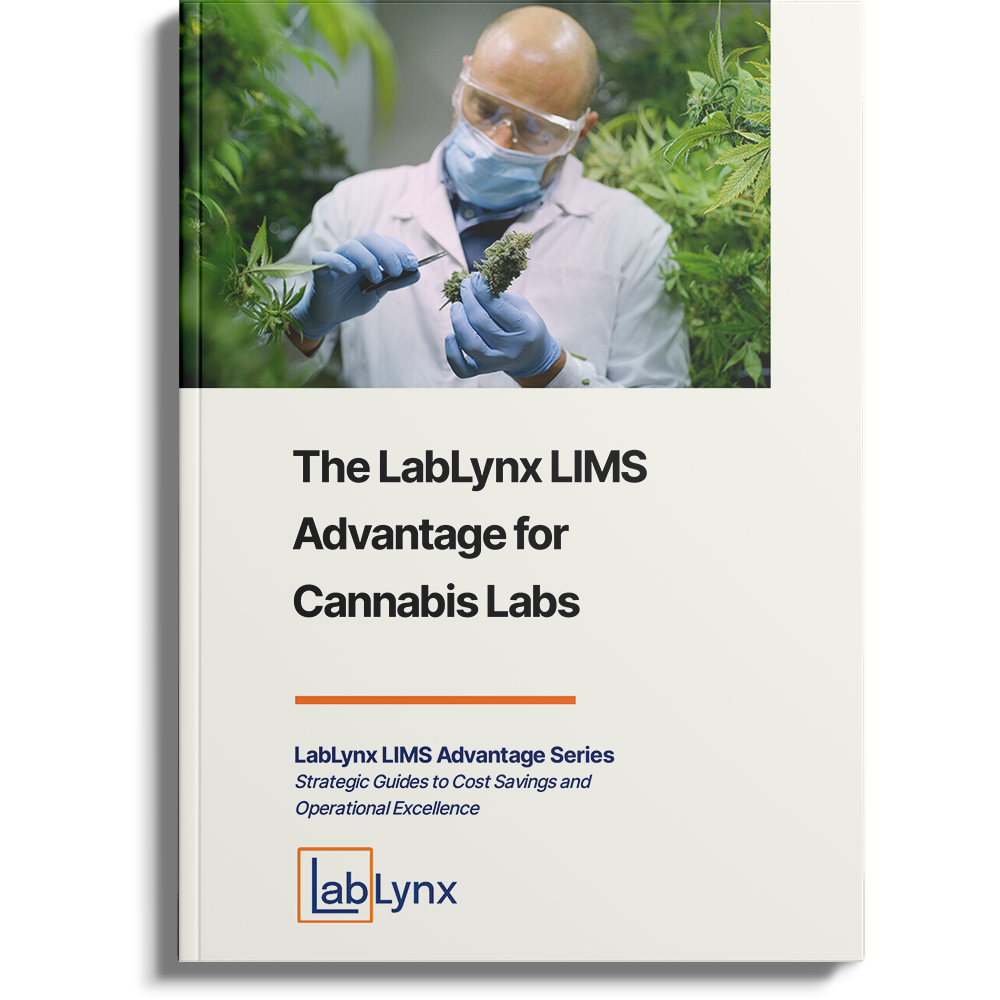
A contract testing laboratory is an independent organization that performs scientific research or conducts testing for external clients. These third-party laboratories complete activities that cannot be accomplished internally by their clients. The contract can be specific to certain components of an overall project and can last from weeks to many years, depending on the need.
Businesses across multiple industries choose to work with a contract lab instead of bringing the laboratory testing in-house. The most common contract testing relationships exist within the food and beverage, manufacturing, environmental, petrochemical, pharmaceutical, and biotechnology industries.
Why do companies use contract labs?
Testing for safety and quality is central to the creation of reliable data. Utilizing the services of contract testing laboratories can supply a host of benefits, especially to startups or small companies, but also larger enterprise operations that may not have the core competency to conduct certain tests.
Cost management
There are obvious cost savings for a business to not have the capital investment for equipment, maintenance and calibration, and insurance liability. Then there is the saved payroll expense to not employ and train laboratory staff or provide benefits, like paid time off, insurance, and 401K to those employees. Facility costs can also be a factor if additional square footage is needed to create an in-house lab or expand the current lab.
Staffing and expertise
With the current workforce challenges in the United States, finding the right team member with the required skills needed may prove difficult. If a new project has a limited timeline, it may be problematic to onboard and train a new in-house laboratory scientist for short-term needs.
Even if a business has an in-house laboratory, it may not have the knowledge of staff, or the instruments needed for more involved or sophisticated tests. When a device and/or test protocol are unique and so complicated that true expertise is needed, working with a group of specialists with years of experience that already utilize the instrument in question or have conducted tests like those the business requires may prove advantageous.
If your in-house laboratory is experienced and has the proper equipment, chances are those researchers are participating in multiple projects at once and therefore are not fully invested in each individual project. Outsourcing to a contract laboratory allows for focused testing.
Increased credibility of results
Working with an already established, fully accredited, regulatory-compliant lab circumvents the headache of starting up such a facility and going through the lengthy certification process. Quality is absolutely required, and working with an accredited lab that, for example, the FDA already has experience with, will lend to the credibility of your business operation.
Laboratories with ISO/IEC 17025 accreditation must maintain systems for corrective actions, internal auditing, traceability of measurements, equipment maintenance and calibration, employee training, and method validation. The laboratory must also evaluate risks and implement corrective actions, including the risk to data integrity.
Additional testing capacity
Contract testing labs help eliminate backlog during high-volume projects, which could cause delays if kept in-house. Expedited testing is critical, and the contract lab has the staff and equipment to perform tests in a timely manner.
Unbiased
Contract laboratories are independent and not pressured to produce a particular outcome. These labs have nothing to gain from the results of the test. When laboratory testing is performed in-house, it is generally done by the researchers close to the project, who often have a bias on the outcome or may be pressured to rush the testing. Outsourcing that work results in objective testing.
Tips for an effective relationship with a contract laboratory
Before choosing a third-party laboratory, consider the following tips.
- View the facility. See where tests are conducted and how samples are received, stored, and disposed of.
- Review the contract lab team’s background and experience in your industry. Confirm the lab can handle the volume and complexity of work your business requires.
- Meet with the quality assurance team to ascertain the quality standards in operation and obtain copies of certifications/accreditations.
- Prepare a detailed technical agreement outlining not only the methodology and procedures for specific analyses for specific products, and required turnaround times, but also the security and protection of all data.
- Keep lines of communication open. Should deviations from agreed-upon methodologies be needed or the lab finds out-of-specification results, both parties must act quickly and cooperatively to investigate and propose solutions.
- Verify how certificates of analysis (CoA) will be delivered, making sure 21 CFR Part 11 is obeyed.
LabLynx ELab LIMS for contract testing labs
Your contract testing laboratory is an extension of your client’s operations. They trust you to deliver consistent and accurate results amid the complexities of ever-changing regulations and standards. Of course, they also expect fast turnaround times. You cannot afford to be held back by your lab’s data systems. Neither should you need to change your lab’s processes to conform to your software. Providing responsive, quality contract testing services requires an informatics solution that supports the way your lab works.
LabLynx ELab LIMS for Contract Testing delivers the modularity and configurability that contract testing labs need. From day one, LabLynx will help tailor your ELab LIMS to support the combination of services, protocols, and workflows that makes your lab unique. Automation tools eliminate the manual processes that slow your turnaround times, while also adhering to all SOPs. Simple interfaces let your laboratory staff add new tests and adjust to changing regulations without time-consuming development work. Your lab’s ELab LIMS for Contract Testing will help deliver faster, higher-quality testing services while reinforcing cGMP compliance.





